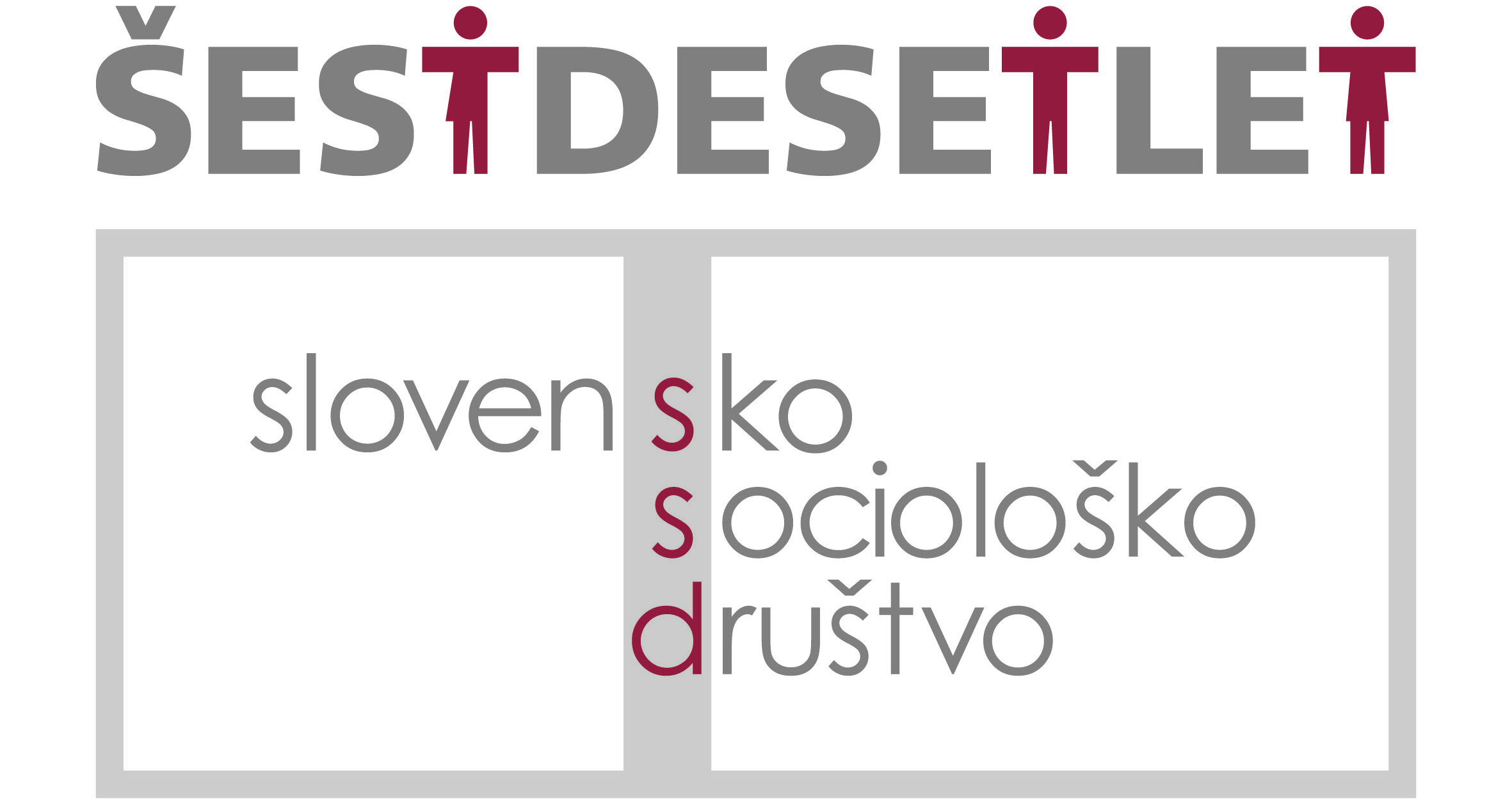Social Science Forum 98 (XXXVI)
Melodramatic structure of feeling and mass bereveaments of celebrity folk heroes
Aljoša Pužar
ABSTRACT: This paper presents theoretical, methodological and political considerations pertaining to the affective configuration of public collective grief and bereavement. This configuration is described relative to the specific position held by celebrity folk heroes within the broader melodramatic cultural modality. The case of the bereavement for the singer Đorđe Balašević is compared here with two other historical episodes that involved similar affective patterning and related discursive formations. The article shows how the melodramatic modality underpinning all three cases operates beyond the representational and discursive dimensions of culture to form collective affective patterns or structures of feeling that transform the underlying economies of impossibility into melodramatic bursts of pseudopolitical
(im)possibility.
KEY WORDS: melodramatic structure of feeling, bereavement, celebrity folk heroes, Balašević, affect theory, (im)possibility
>> Download
Political and media populism in television political interviews
Emanuela Fabijan, Marko Ribać
Emanuela Fabijan, Marko Ribać
ABSTRACT: The goal of the article is to analyse populism as a style of communication. By adopting the visual interaction method in empirical analysis, the authors examine the specificities of the populist communication reproduced by journalists and politicians in news interviews on the topic of migration in the television shows Odmevi and 24UR ZVEČER. At the level of populism through the media, the authors argue that the discourse of politicians was primarily focused on generating and reinforcing fear of the Other. The discourse of the interviewees from the political field also underlined the protection of the Slovenian border, while the visual representation of the people as a homogenous national community followed as a visual element alongside graphic presentations in the studios of the analysed shows. Populism by the media as the reproduction of populist rhetoric and an expressive style is to be comprehended by analysing the role of journalists as tribunes of the people working for and on behalf of the people.
*The study is funded by Javna agencija za raziskovalno dejavnost Republike Slovenije (ARRS), J5-9445
KEY WORDS: political populism, media populism, migration, television shows, political interview
>> Download
Searching for a real new normal after covid-19
Marjan Svetličič
ABSTRACT: The objective of this article is to see which of three evaluated strategies can address the long-term challenges brought by the COVID-19 pandemic. It demonstrates that the health crisis caused by the virus has only added to the existing deeply-rooted climate, environmental and unequal development crises. The pandemic may be a turning point provided that humankind uses it as an opportunity to substitute the current anthropocentric development model with an ecocentric one. However, this cannot be done if the biologically unsustainable profit-maximisation capitalist system remains in place. A hybrid system based on the goods of capitalism and socialism and on eliminating their ‘bads’ is proposed. Such changes can only be materialised with a new role for government(s) and the public sector in a real new normal, without going back to business as usual.
KEY WORDS: COVID-19, system, crisis, government, development
>> Download
Factors of cooperation and defection in overcoming the COVID-19 pandemic in Slovenia
Marjan Smrke, Mitja Hafner Fink
ABSTRACT: Slovenia has been one of the worst affected European states as regards per capita fatalities from COVID-19. We analysed data from two public opinion surveys in an effort to find a sociological explanation for this situation. Approaching the pandemic as a case of a public goods dilemma, we distinguished cooperative from non-cooperative players (citizens) in terms of their (reported) level of respect for a set of measures of safe behaviour. Cooperation declined during the second wave of the pandemic (compared to the first one), with the number of victims dramatically increasing. Stronger cooperation is positively correlated with (more advanced) age and (greater) concern for health (fear). Weaker cooperation or defection is correlated with youth and less trust in the government. Analysis of
public opinion surveys has its strengths and limitations. Additional explanations for Slovenia’s relative failure should be researched using other methods as well.
KEYWORDS: COVID-19 pandemic, public goods dilemmas, cooperation, defection
>> Download
Book reviews
Klara Otorepec
hooks, bell: Naša pozicija: Razred je pomemben.
Ljubljana: Sophia, 2019.
Marko Ribać
Pierre Bourdieu: Praktični razlogi. O teoriji delovanja.
Ljubljana: Založba Krtina, 2019.
Metka Mencin
Simone de Beauvoir: Starost II. Biti v svetu.
Ljubljana: Opro, Zavod za aplikativne študije, 2020.
Zala Gruden
Paolo Freire: Pedagogika zatiranih. Ljubljana: Krtina, 2019.
